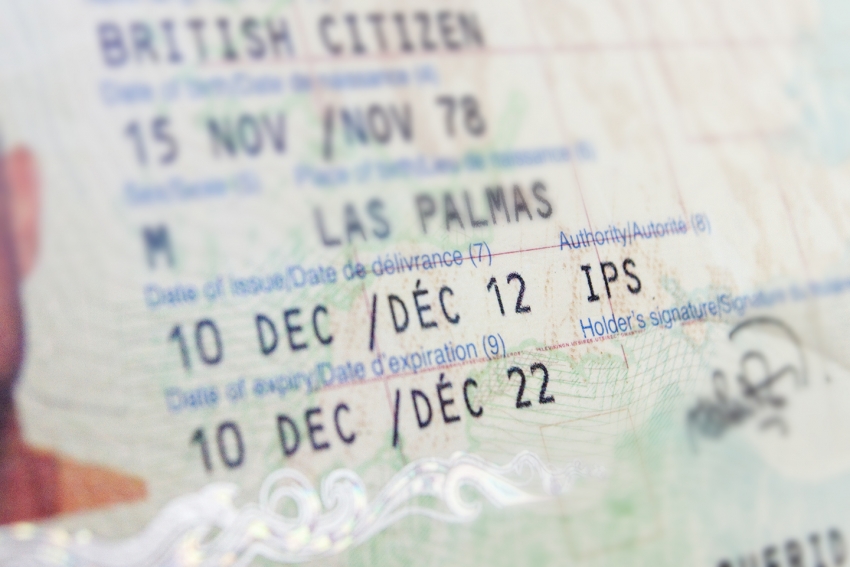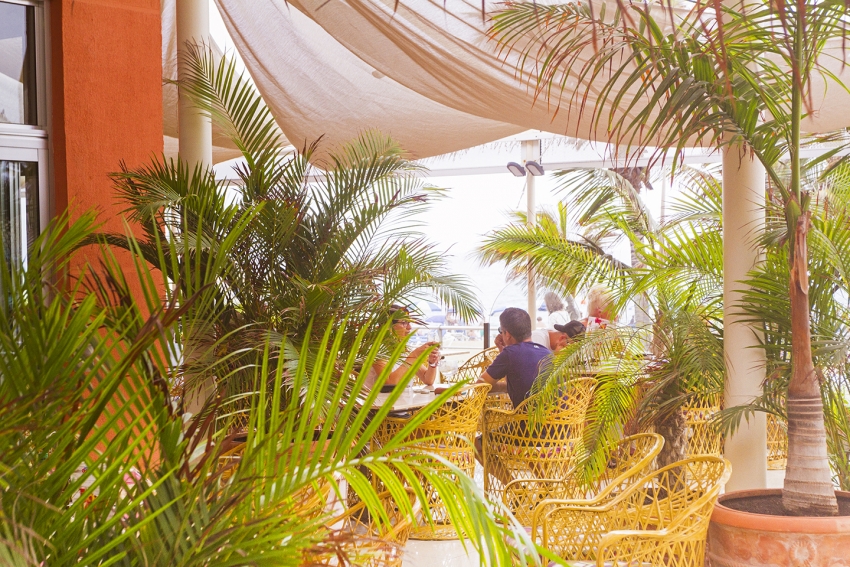But the myth that it has to be valid for three or six months after you get home just isn't true.
People from Schengen countries don't even need a passport. They can travel to Gran Canaria with a valid ID card from their home country.
The passport expiry myth
Gran Canaria and the Canary Islands are in the EU so they have the same passport and visa requirements as the rest of Spain.
Provided that your passport doesn't expire during your holiday, you are fine to get on the plane. Here's a proper journalist who agrees with us.
In fact, you can even go on holiday if your passport expires on the day you fly home (although you'd need to hope there weren't any delays).
The only thing that is different about travelling to Gran Canaria and the Canary Islands are the duty-free allowances. The Canaries have a lower rate of VAT /(called IGIC) than the rest of Spain so we aren't in the EU Customs Union. This means that you can only take 200 cigarettes and one litre of spirits back home per person over 18.
Gran Canaria visa requirements
All EU and EEA citizens can travel to the Canary Islands without a visa.
Here's the list of countries that don't need a visa to travel to Gran Canaria (or anywhere else in Spain and the Canary Islands) for a 90-day stay.
Albania (holders of an Albanian passport that isn't biometric need a Visa)
Andorra
Antigua and Barbuda
Argentina
Australia
Bahamas
Barbados
Bosnia-Herzegovina (biometric passport required for visa-free travel)
Brazil
British nationals (Overseas)
British overseas territories citizens (BOTC)
British overseas citizens (BOC)
British protected persons (BPP)
British subjects (BS)
Brunei Darussalam
Canada
Chile
Colombia
Costa Rica
Croatia
Dominica
El Salvador
Grenada
Guatemala
Honduras
Hong Kong Special Administrative Region
Israel
Former Yugoslav Republic of Macedonia (FYROM) (biometric passport needed for visa-free travel)
Japan
Korean Republic
Liechtenstein
Macao Special Administrative Region
Malaysia
Mauritius
Mexico
Monaco
Montenegro (biometric passport required for visa-free travel)
New Zealand
Nicaragua
Northern Mariana Islands (passports from the US)
Palau
Panama
Paraguay
Peru
St. Kitts and Nevis
St. Lucia
St. Vincent and Grenadines
Samoa
San Marino
Serbia (biometric passport required for visa-free travel)
Seychelles
Singapore
Taiwan (only holder of passports which contain identity card number)
Tonga
Trinidad and Tobago
United Arab Emirates
Uruguay
USA
Vatican City
Venezuela
Vanuatu
For full info on the nationalities that do require a visa to travel to Spain and the Canary Islands, see this Spanish government page. We'd advise all non-EU/EEA citizens to check visa requirements with their local Spanish Consulate. If you do require a Visa, then also check how long your passport needs to be valid for.














